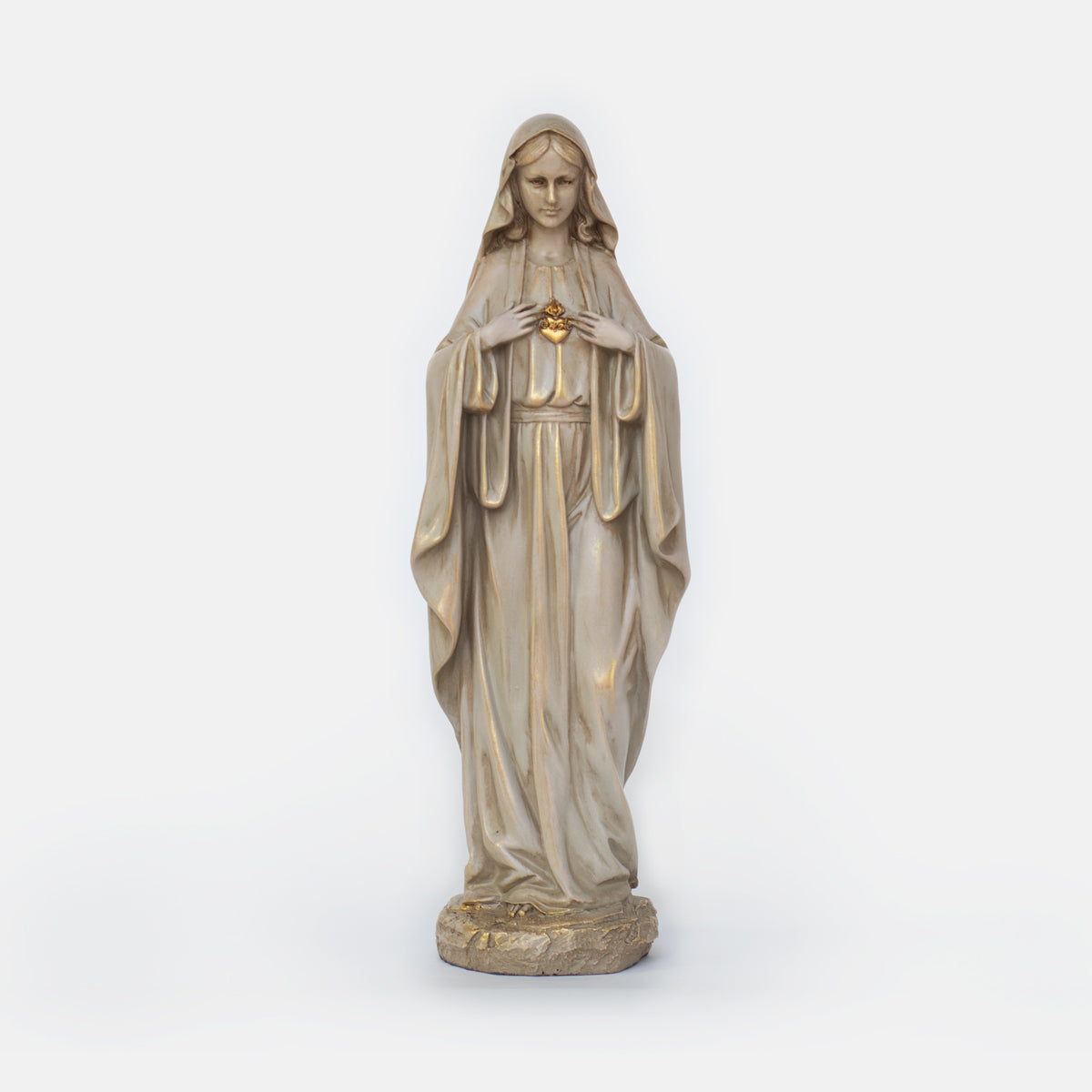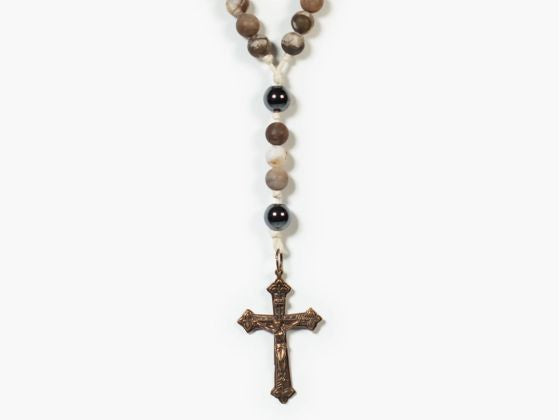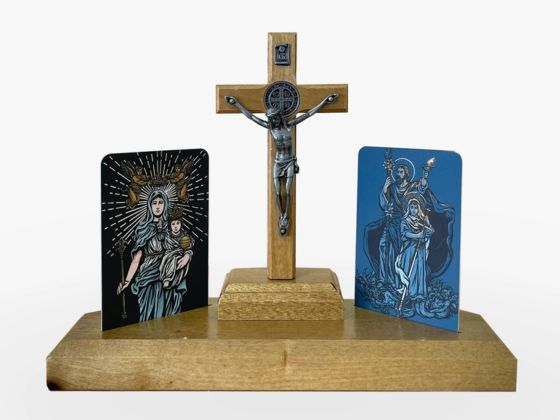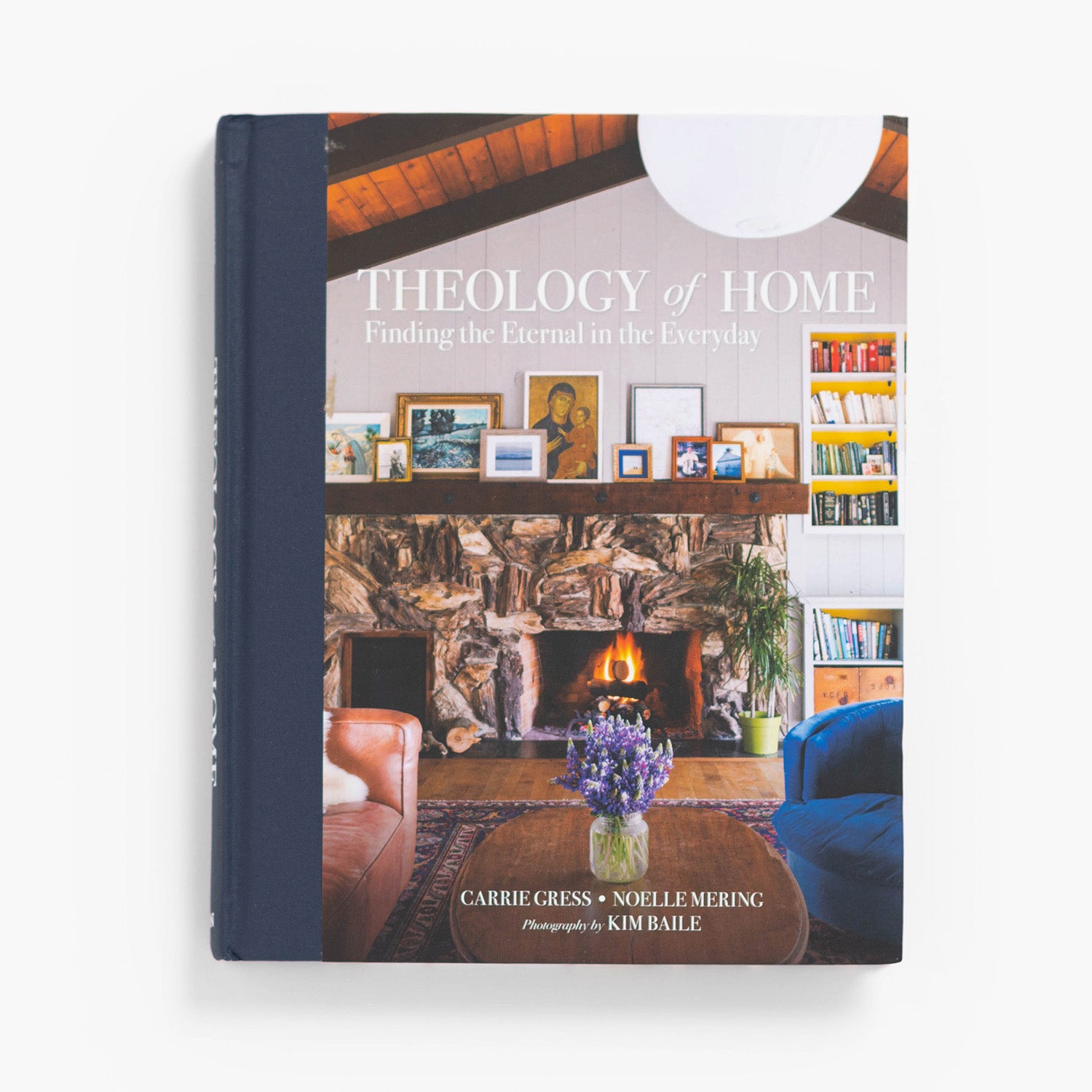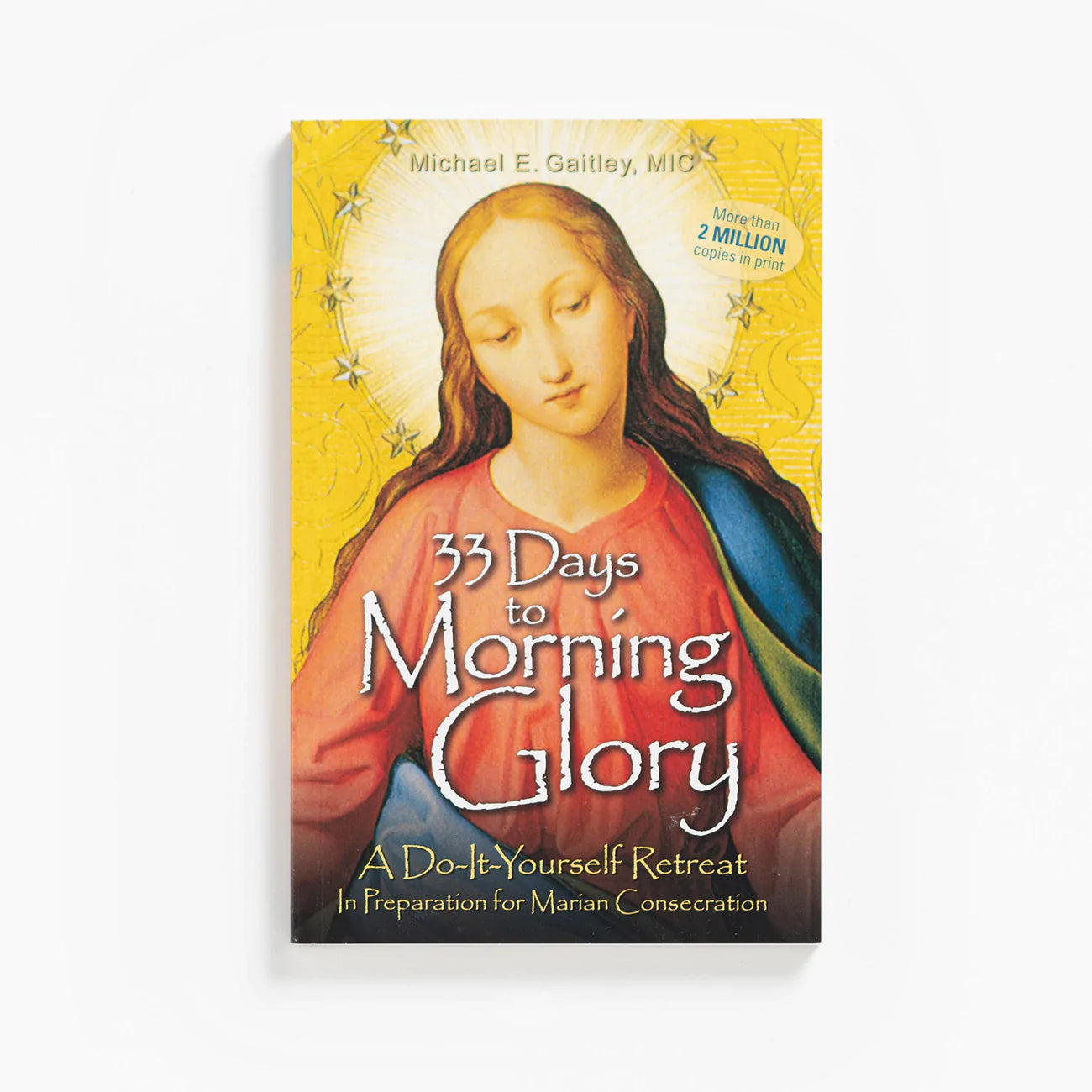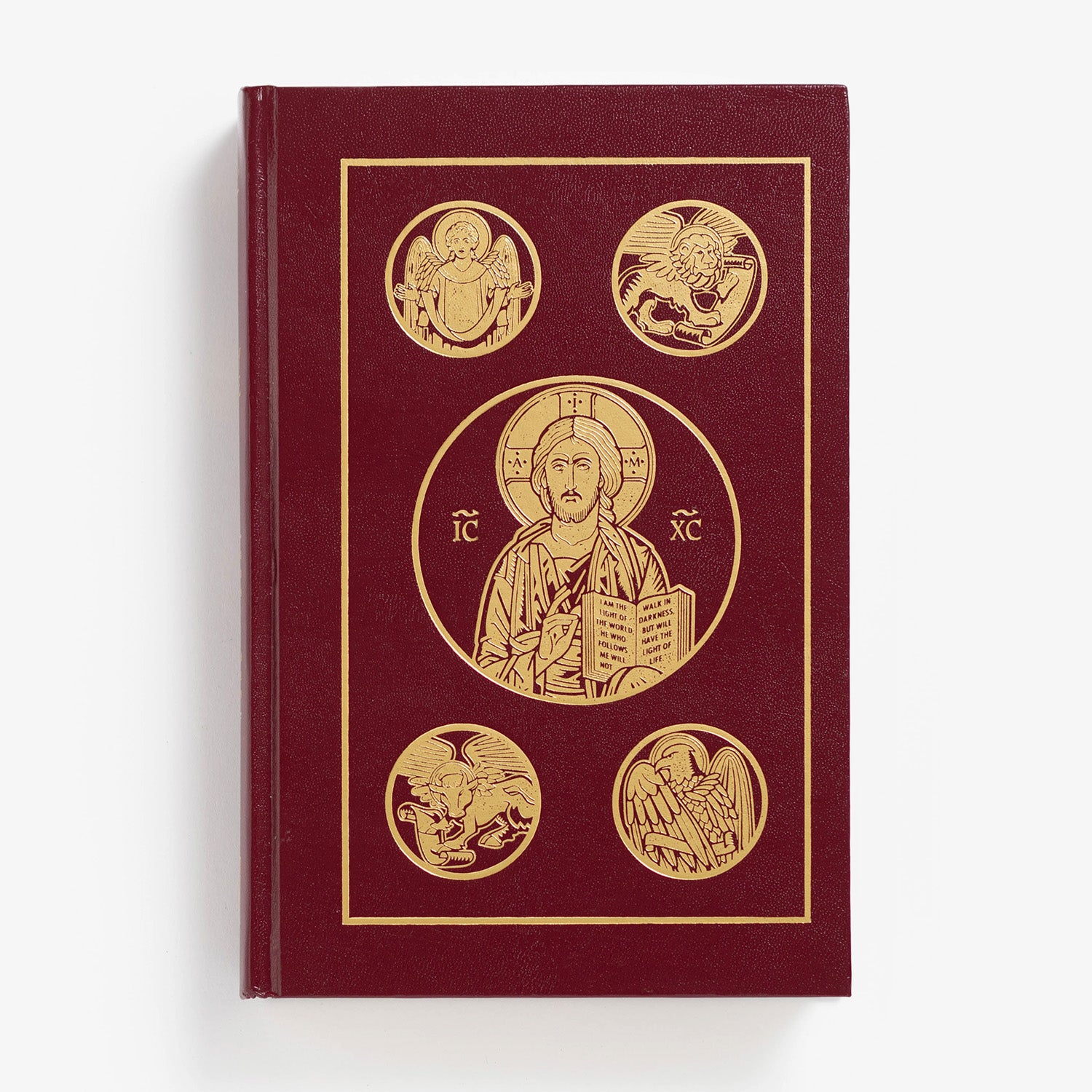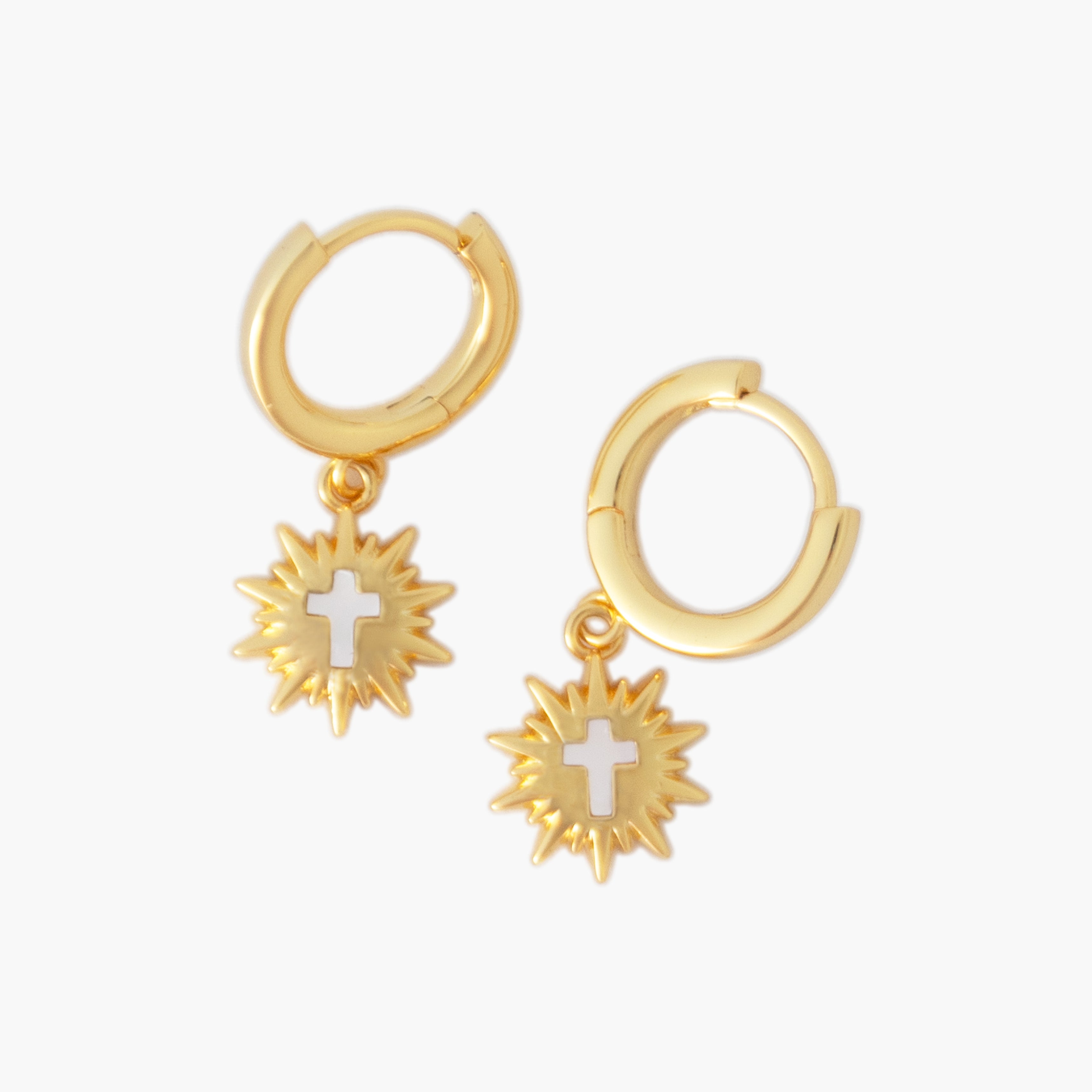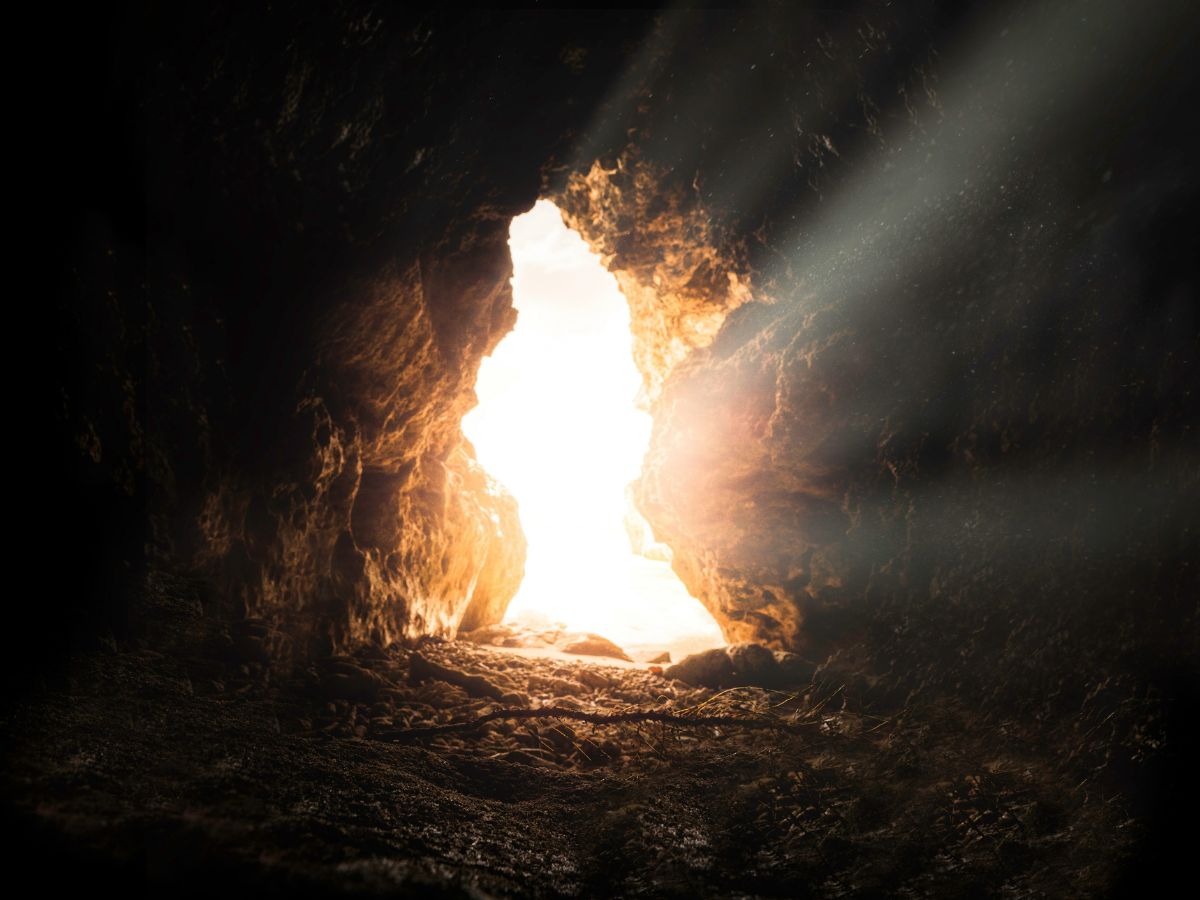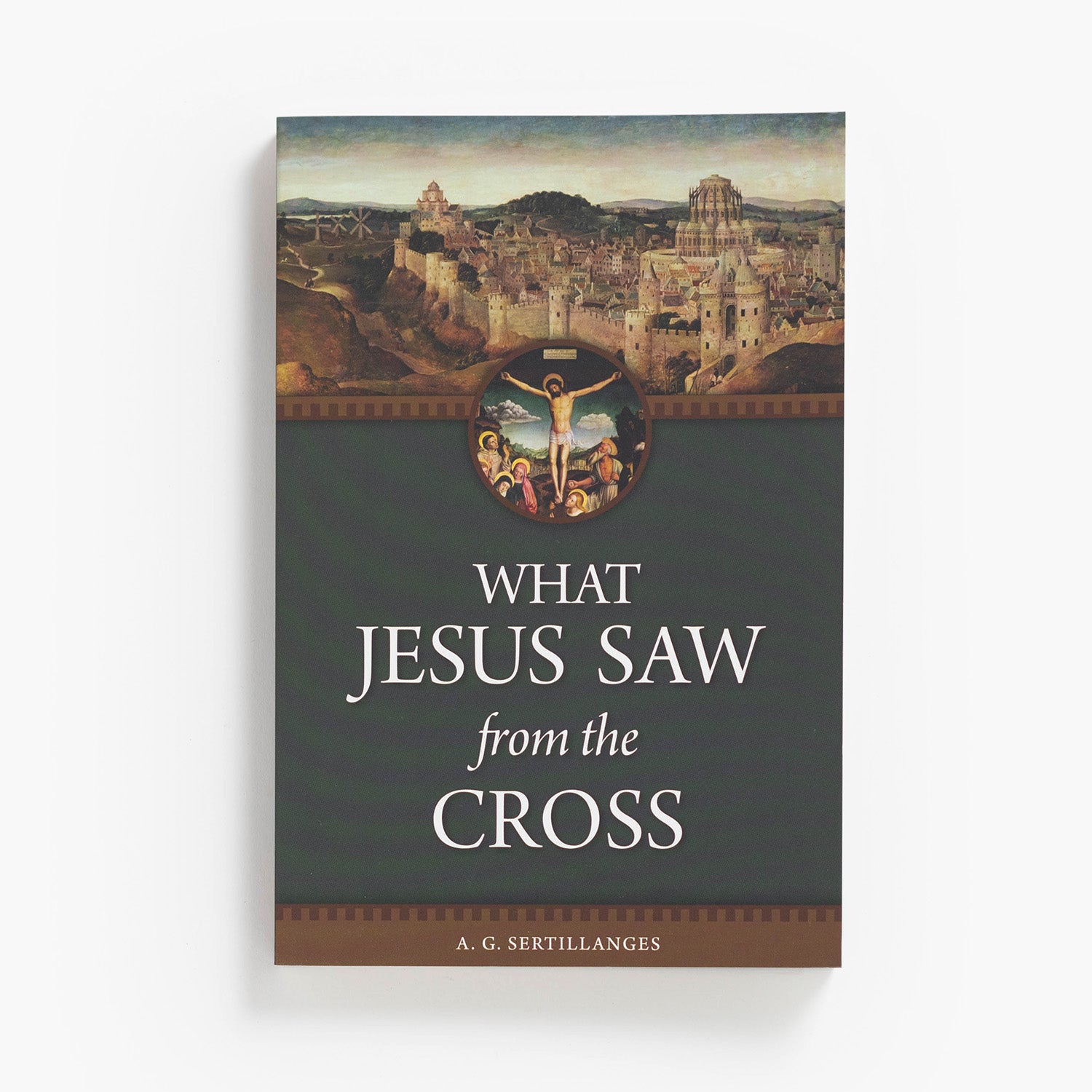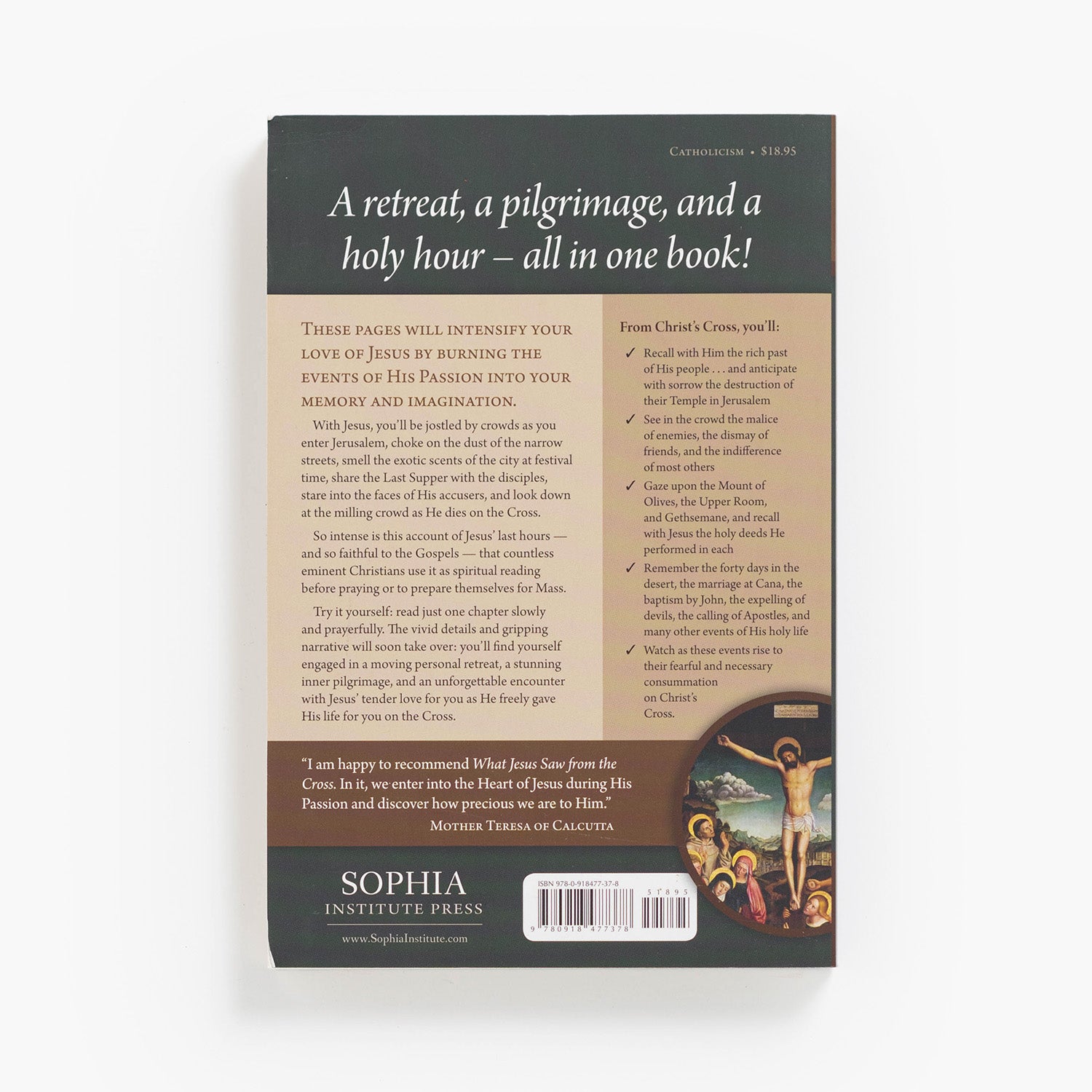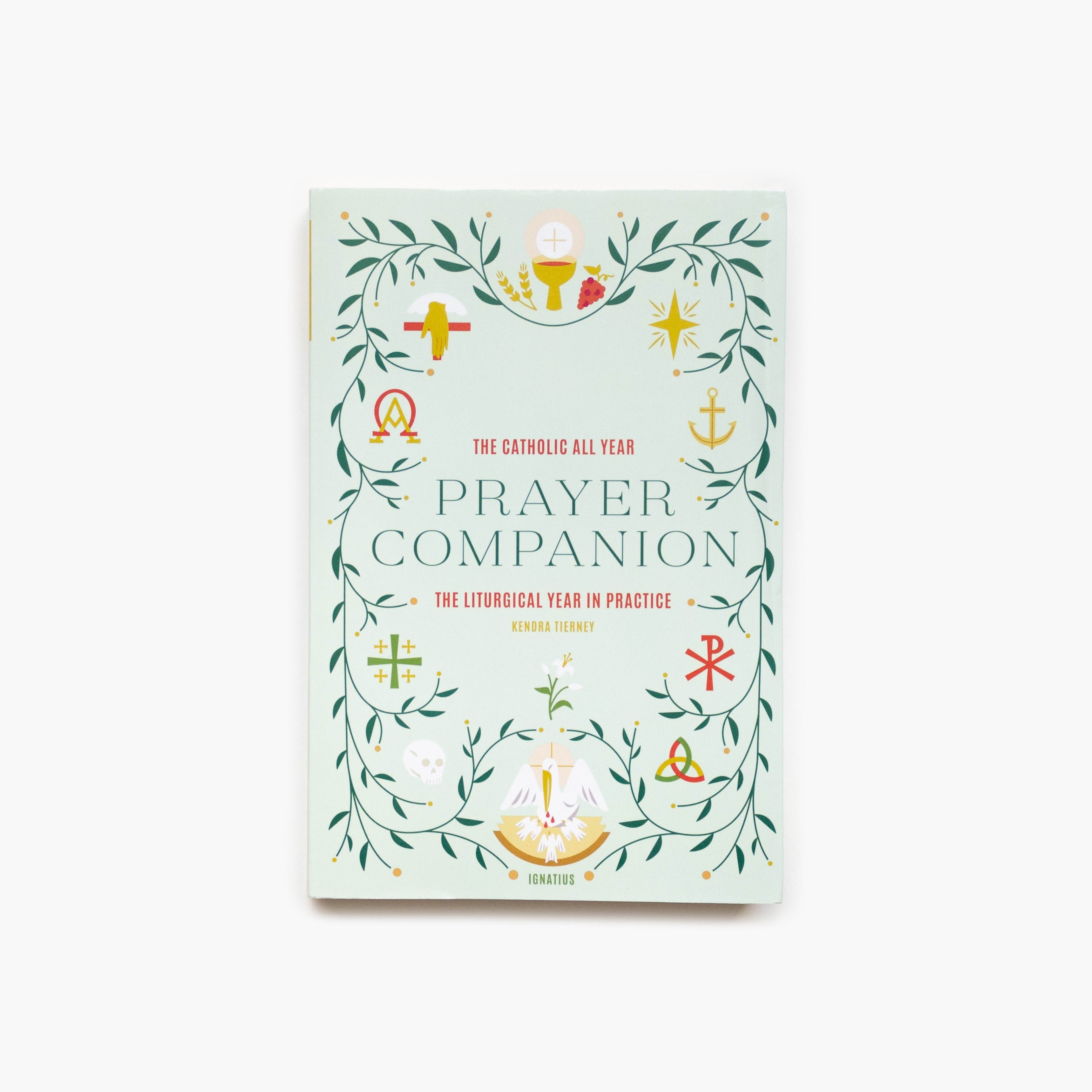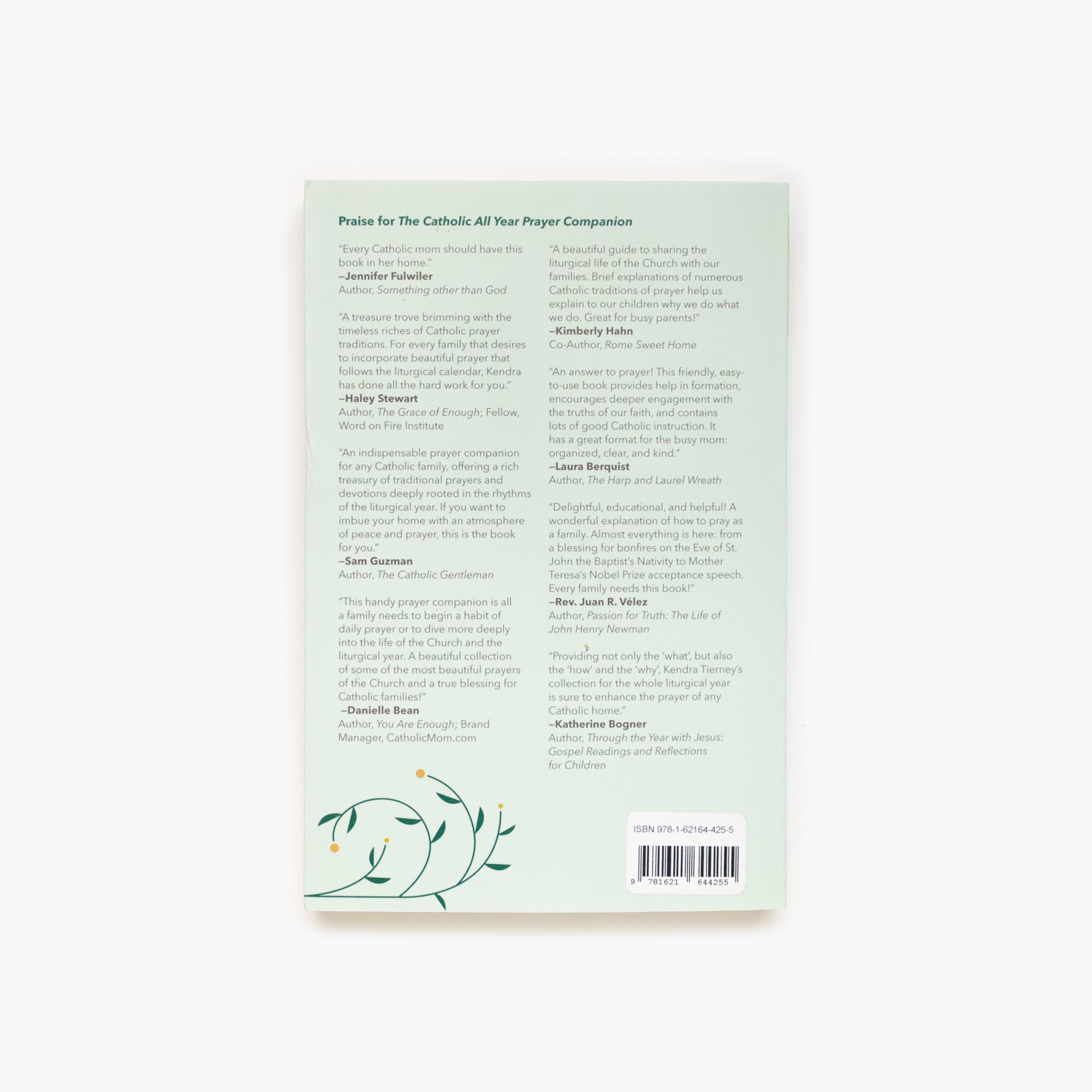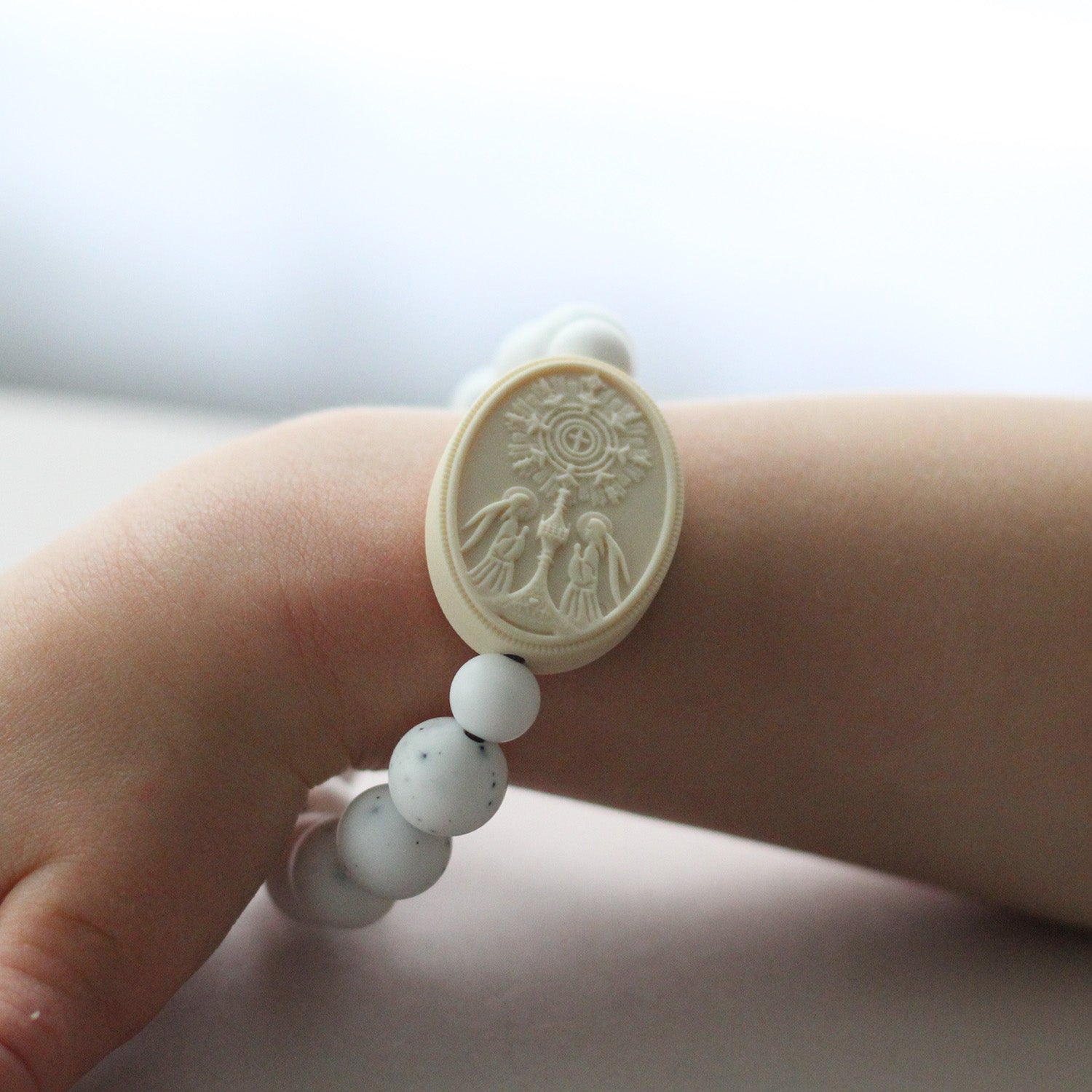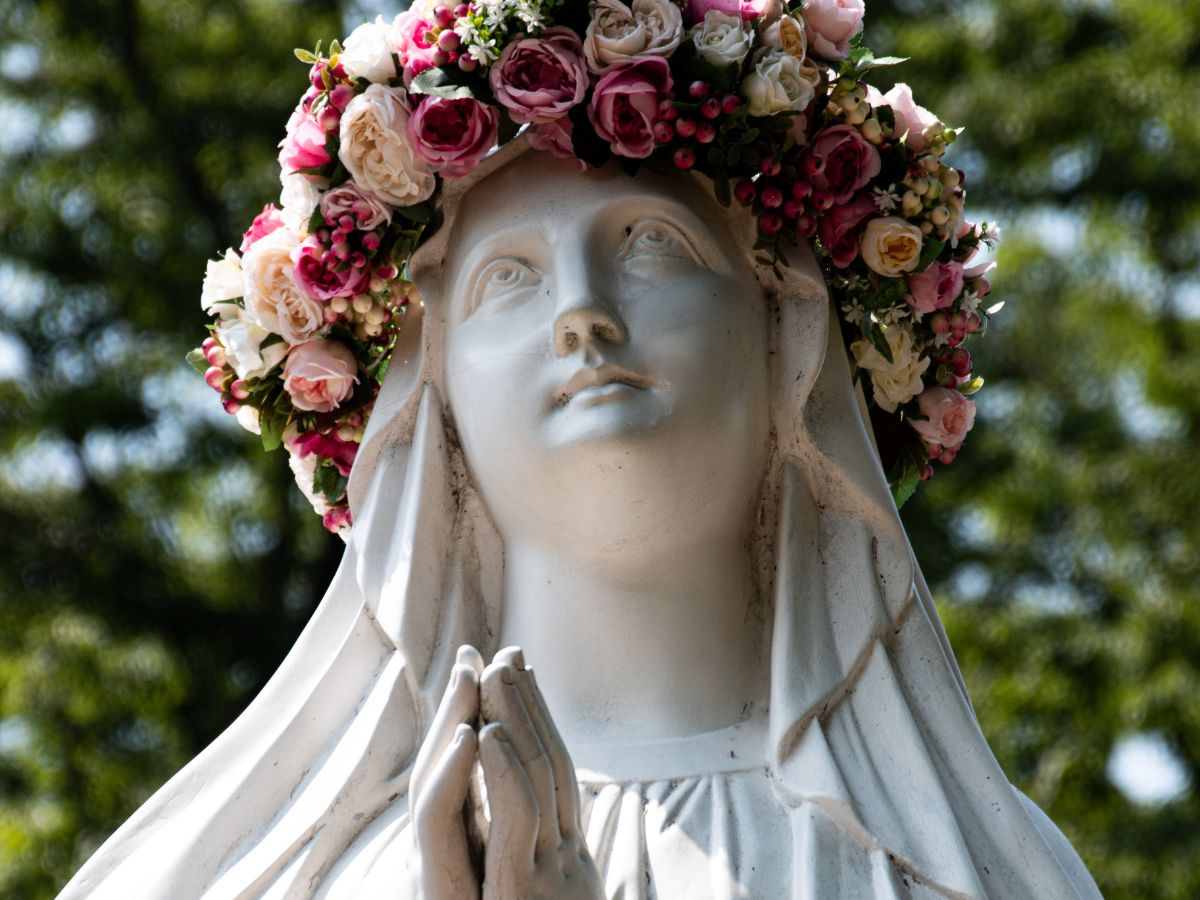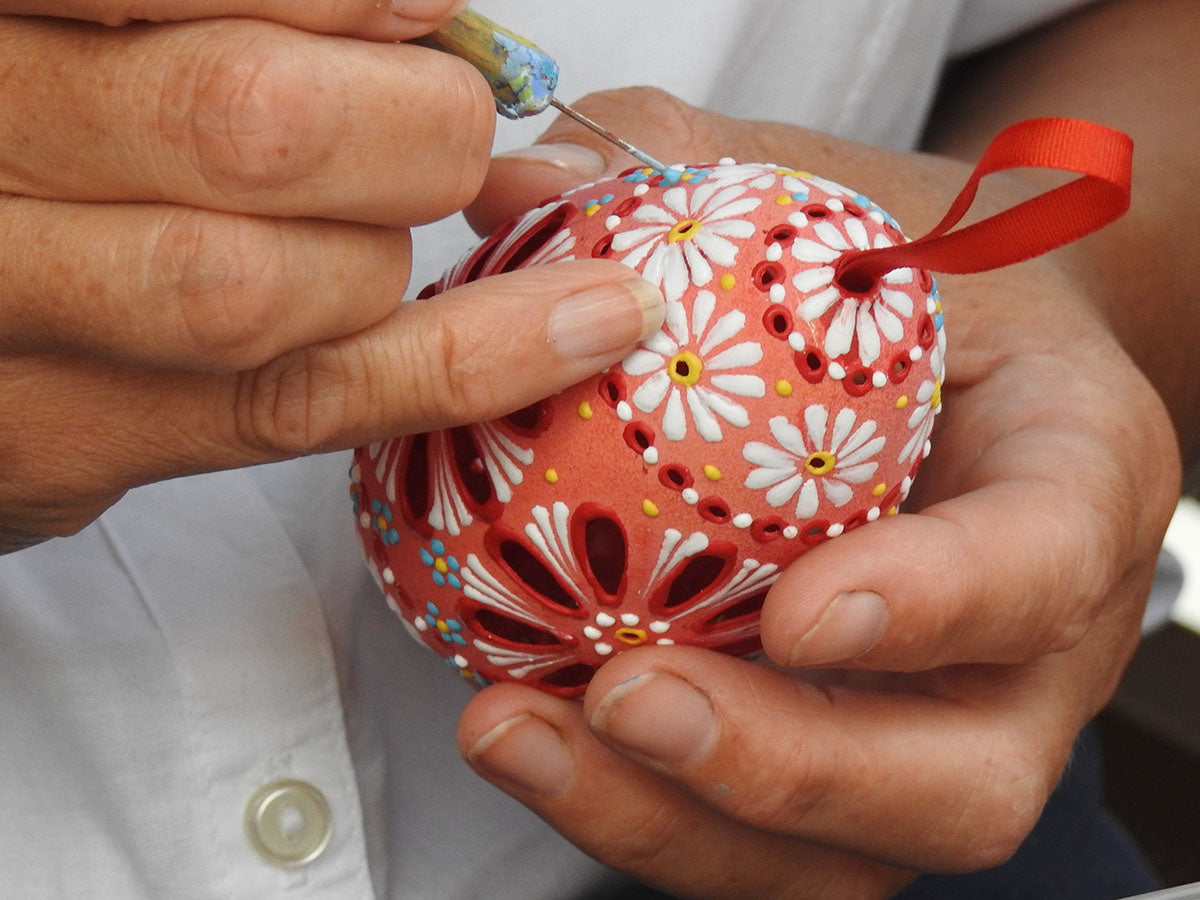We celebrate Easter for 50 days. Here’s why you shouldn’t cut the celebration short.
1. Christ was on earth for weeks after His resurrection.
Jesus didn’t rise from the dead and immediately return to heaven. He spent 40 days on earth in His glorified body, revealing Himself to His apostles and many other followers. This time is an extension of the events of Easter Sunday.
He ascended into heaven after 40 days, but His work on earth wasn’t complete. He had promised to send the Holy Spirit to His apostles, which He accomplished on Pentecost, 10 days after His ascension. Pentecost marks the end of the Easter season.
2. Easter is the most important time of the liturgical year.
It’s an even bigger deal than Christmas, although you wouldn’t know that from the holiday aisles in stores.
Christ destroyed sin and death and reopened heaven to us through His passion, death and resurrection. Christmas is great, but Christ’s incarnation and birth in Bethlehem happened because He wanted to suffer, die and rise for our sakes.
If there were no resurrection, death would still have the last word. The earliest Christians considered the resurrection to be the core of the Good News. As St. Paul said, “If Christ has not been raised, then our preaching is in vain and your faith is in vain” (1 Cor 15:14).
3. The eighth day.
The Book of Genesis portrays the universe being created in seven days, the number often representing completion in the Bible.
Christ’s resurrection took place on a Sunday, which became known as the “eighth day.” That’s because the resurrection represents a new creation. Heaven is now open to us and we’re guaranteed to be reunited with our glorified bodies at the end of the world.
The 50th day of Easter is like the eighth day because it follows the 49th day — seven times seven. These numbers may not mean much to people today, but they’re a powerful symbol in our Christian tradition.
We still have several days of Easter before us. Catholics, keep celebrating!






